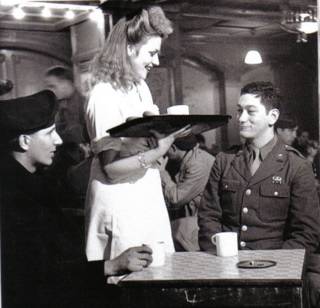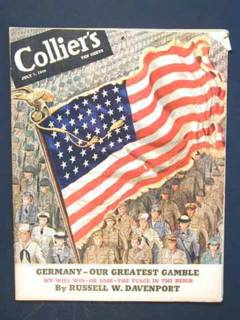
"This fine beer wins more friends every day."

Saturday Night and Sunday Afternoon
Tex Ritter, "Rye Whiskey
Being drunk has never sounded more glorious. This is the apotheosis of getting smashed. Ritter makes a circus out of his voicebox--part train whistle, part minstrel singer, part trumpet. "If a tree don't fall on me, I'll live 'till I die."
Recorded May 7, 1945, but it was a hit a few years later. Ritter had already made one version in the 1930s, and would keep singing about "whiskey, you villain" for 25 more years. Ritter was one of the many "Hollywood cowboys" who filled wartime movie screens, grinding out, at one point, more than 40 films in seven years.
The Bailes Brothers, "Dust on the Bible"
It was a rough night, and now Sunday's ebbing away. Maybe you've skipped church, or if you did attend, you sank in the back pew and sat there with a throbbing headache, just willing the preacher to get through it all. Now the sun's heading down and you're starting to feel all right. But then your neighbour comes over--the one with the neat lawn and the frightened looking children, the one whose shirts seem a size too tight. After exchanging pleasantries, he asks to see your Bible. Where the hell is it? You dig through the Sears catalogs, look through the scattered books, talking nonchalantly to him all the time. At last, you see the Bible propping up a low shelf. Relieved, you hand it to your neighbour, but you note the fleeting look of utter damning disgust as the inch-thick coat of dust on the cover stains his fingers...
The Bailes Brothers--Kyle, Homer, Johnny and Walter--came from Charleston, West Va. No "Rye Whiskey" for them--one of their first hits was "The Drunkard's Grave." On "Dust", recorded on Feb. 17, 1945, Walter and Johnny sing lead. By 1949, the brothers had split (Walter and Homer going on to become Pentecostal ministers), though various re-incarnations persisted for decades to come.
Thumbnail Bailes history.
Both of these tracks are from "The Smithsonian Collection of Classic Country Music"8-LP set. On CD, "Whiskey" can be found here; "Dust" here.




